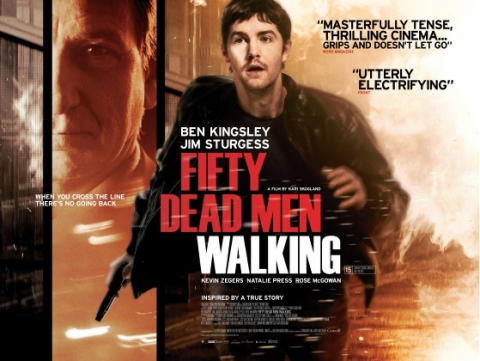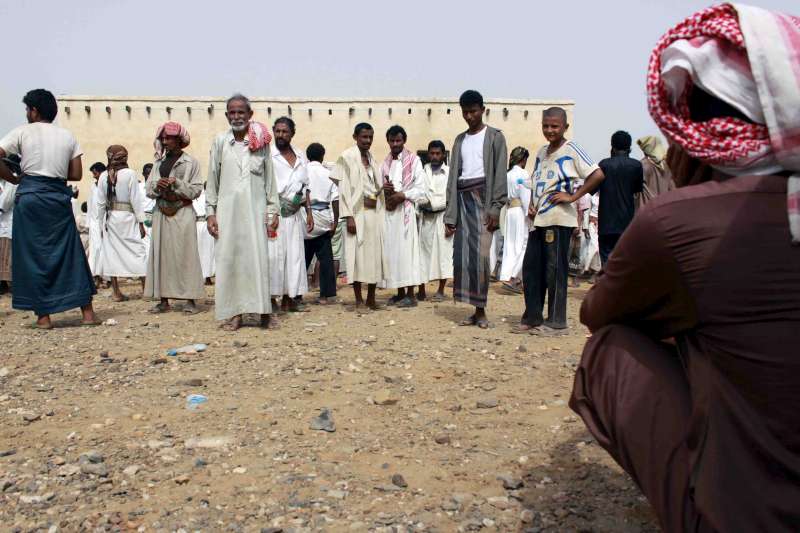I appreciate the time and attention that folks put in on commenting about or linking to the previous post, whether it was by blog or bulletin board. Here are a few more:
Thomas Ricks –Toasted Eikenberry? Gives ZP a quick nod (and a great flow of traffic). Thanks!
Thomas P.M. Barnett – The Zen of COIN
Dr. Barnett was annoyed by my use of Col. Bacevich as a foil. I can sympathize because I don’t much agree with Bacevich either, but used him because he represents a policy constituency. I recommend taking a look at how Tom walks through the DoD institutional meta-picture that encompasses the narrower “domestic politics/fiscal woes hitting COIN” approach I took yesterday:
1) Remember the larger distinction between the operating force (out there in the regional commands) and the institutional force back home (which trains up and equips the operating force). The “ascendancy” of COIN as the reinstatement of long-discarded tactics and operations has occurred overwhelmingly in the operating force. Why? Simply the compelling need created by insurgents in both Iraq and Afghanistan. There has been no real ascendancy of COIN within the institutional force, where advocates like John Nagl have argued long and hard for more appropriate training and force structure. While the training has come, as had the doctrine (the two are deeply linked), no serious observer would subscribe to the notion that US military force structure has been subverted to the small-wars orientation….
2) There is a natural frequency/load rate associated with U.S. military interventions abroad, something I explored in PNM. Generally, there is a combined capacity on the part of the regional commands to be able to put troops in countries and do things. Pick a generic level of effort, like 20k troops engaged in security ops and humanitarian assistance and training of local militaries (which, in sum, is very COIN-like). If you add up the combined capabilities of the regional commands, you can come up with a general sense of how many such ops they could collectively mount and maintain at any one time. For purposes of discussion, let’s say it’s a dozen such sized ops, with Pacom owning several, Eucom a few, Centcom probably the most, etc. If we’re in Iraq and that’s using up seven such units of capability (an out-of-my-ass estimate), and Af-Pak eats up four more, then, at any one time, we can mount something small on the side (like 10k troops in Haiti right now) and not much else, meaning, once the system hits near-capacity, there’s no logical discussing of additional units of effort. That’s been true for a long time, really since the Cold War’s end, when our frequency of contingency ops inside the Gap took off in both absolute frequency and length of operations (a subject I explore at length in PNM)…..
T. Greer – “COIN, Meet Democracy (And Your Doom)” | T. Greer — The Scholar’s Stage
Greer OTOH, sees much more of what I perceived the other day – the feedback loop between economic problems, domestic political angst and strategic policymaking:
….But the political situation back home never seemed to be a real concern for the COIN theoreticians. Fascinated by case studies, distracted by factional debates, and anxiously engaged in developing “new paradigms” and operational approaches, politics fell to the wayside. It was quite astounding to see men who were so acutely aware of the political dynamics of foreign locales so completely disregard Washington’s own political constraints. Domestic politics was simply not a part of the discussion.
To take a fairly recent example, Sean McFate’s call to purge the Afghanistan National Army is (to this citizen’s untrained eye) operationally sound. Yet however operationally sound it may or may not be, it could happen only in policy fantasy land. The ANA is the result of eight years of sweat and toil; you cannot simply scrap it and start all over as you would flip a switch. Who shall fork money over to ISAF to perform such a restructure? Which country is going to stay in Afghanistan for another eight years while the new ANA is formed, trained, and battle hardened? Most importantly, are the citizens of those states whose soldiers compose the ISAF ready to recommit themselves and their countrymen to a reboot of the entire project?
These questions were left untouched by McFate. Like most folks discussing COIN, small budgets, restless constituents, and domestic politcking belonged to a realm worlds away. This is no longer true. The time soon approaches when all members of the defense community will be forced to deal with Washington’s political realities – COINdistas included.
Eric Martin –The Real Vietnam Syndrome « American Footprints
Martin counsels restraint and an end to a period of “conservative internationalism” of heroic ambitions based on miserly expenditures:
….While true, the essential lesson from recent foreign policy failures, the realization that COIN is not a panacea (and an expensive tool to wield regardless) and the underwhelming results from the serial mismatch of ambitious goals with limited means under the doctrine of conservative internationalism (and its liberal cousins) is that foreign policy adventurism is too expensive. Attempts to conceal its costs have failed, and purported fixes are themselves enormous commitments that likely outpace the strategic necessity. This is especially true at a time when the United States has limited resources that are declining relative to the rest of the world, with mounting domestic needs.
Rather than persist in undertaking interventionist policies that are doomed – if not to failure, at least to underachievement – from the onset due to a lack of necessary resources, and rather than dedicating a fortune and a half chasing COIN phantoms of limited relative value and dubious prospects for success, the United States would be far better served to limit its military interventions to only those that are truly vital and necessary. In contemporary terms, that means, at the least, no military confrontation with Iran, and extreme caution and circumspection with respect to any proposed increased involvement in places like Yemen.
I will also again recommend that you visit Dr. Marc Tyrell and Pundita on this subject, if you have not done so already. Pundita for her blend of analysis and stiletto-like sarcasm and Dr. Tyrell for his brainy use of big words that make my head hurt.




